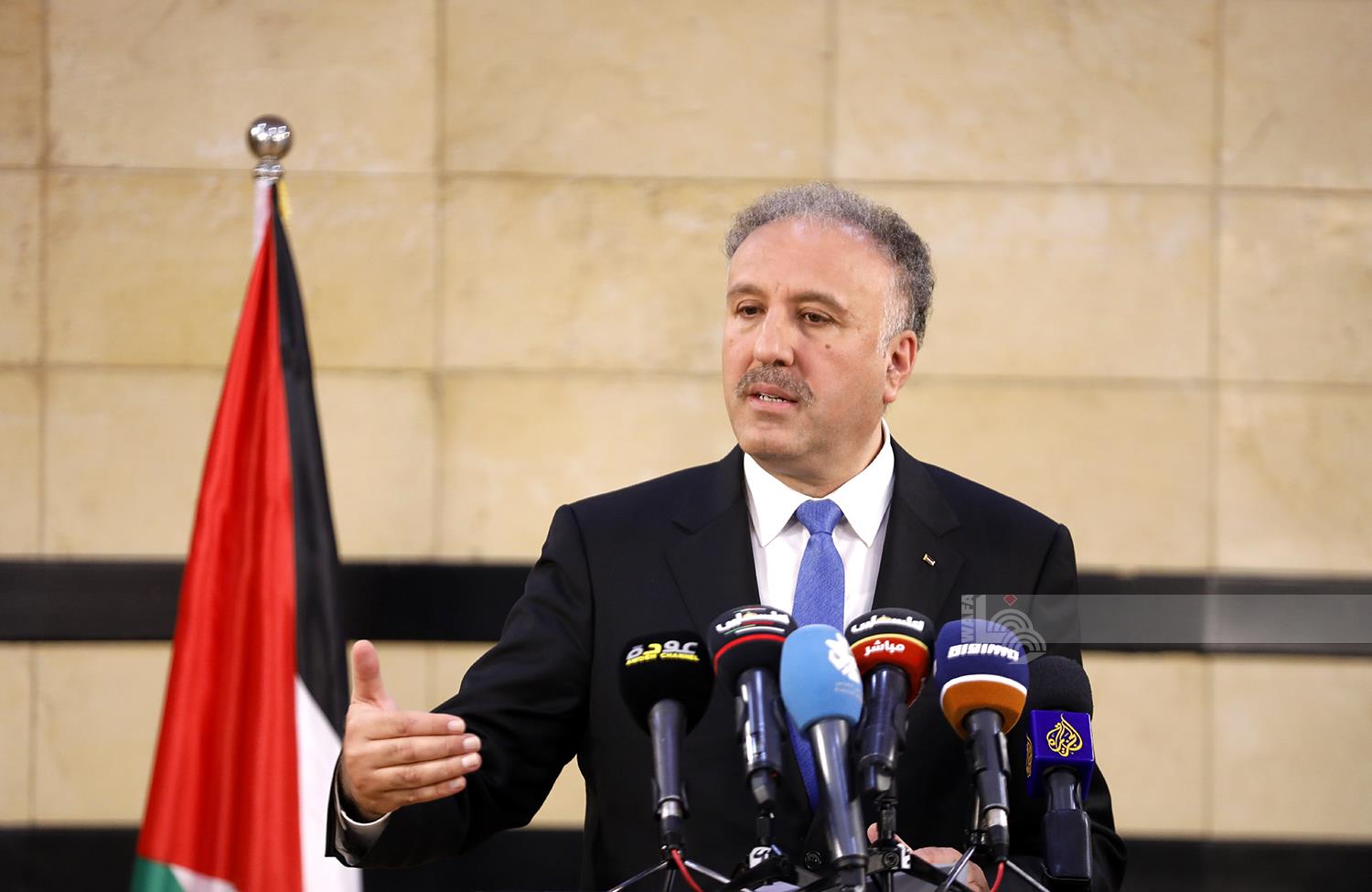RAMALLAH, June 22, 2025 (WAFA) – The Palestine Monetary Authority (PMA) announced on Sunday that it has taken concrete steps to address the growing crisis of excess Israeli shekel accumulation in local banks.
In light of Israel’s continued refusal to allow the transfer of surplus shekels from Palestinian banks to Israeli ones, the PMA stated it is now seriously studying alternative options, including a shift away from the shekel as the primary currency in circulation.
The Authority emphasized that this move has become increasingly necessary—not only as a response to the current crisis, but also in alignment with global trends toward digital payment systems. It views this as part of broader efforts to build a more resilient and sustainable digital economy in Palestine.
In a statement released Sunday morning, the PMA said it had held a series of constructive meetings over the past two weeks with representatives of various economic sectors and the Union of Chambers of Commerce, Industry, and Agriculture. These discussions focused on digital payment strategies and practical measures to ease the burden of shekel accumulation in local banks.
PMA Governor Yahya Shunnar has briefed Prime Minister Mohammad Mustafa and other relevant ministers on the Authority’s actions to mitigate the crisis, as well as on ongoing efforts at both the local and international levels to pressure Israel into resuming the transfer of excess shekels.
The statement outlined a series of key measures aimed at mitigating the crisis and advancing a transition toward a digital economy. These include agreements with the chambers of commerce and private sector representatives to enhance financial inclusion, as well as a nationwide effort to expand the use of point-of-sale (POS) systems and electronic payment services across shops and businesses in Palestine.
The PMA stressed the importance of reducing reliance on cash transactions, noting that doing so would help ease the accumulation of shekels in the banking system and reduce associated risks such as theft and counterfeiting. As part of this strategy, the Authority has issued directives to banks to cooperate more closely with key economic sectors, particularly those involved in the provision of essential goods, and to facilitate international trade financing.
In addition, banks are being encouraged to adopt a more accommodating approach to handling individual cash deposits. The PMA also called on all private sector institutions—including merchants, companies, and service providers—to adopt electronic payment methods as a primary tool in daily operations, gradually phasing out dependence on physical cash.
Furthermore, the Authority urged banks and electronic payment service providers to offer consumers flexible and secure digital payment solutions. These should include digital wallets, mobile banking applications, credit cards, modern POS devices, and the full use of the iBURAQ instant payment system, which is designed to support fast and reliable transactions across the Palestinian economy.
The PMA stressed that it remains committed to exploring all avenues to resolve the shekel crisis and enhance the resilience of the Palestinian economy through digital transformation and financial innovation.
M.N











